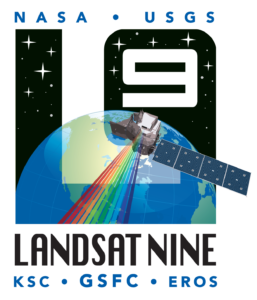
For three days, Landsat 9 project engineers and scientists provided detailed design and status updates on all elements of the Landsat 9 mission (including the spacecraft, instruments, ground system, and launch vehicle).
The Standing Review Board—a panel of experts that assesses the project’s progress—had high praise for the status of the Landsat 9 project. The board manager, Neil Martin, commented that “the Project established a new standard for how to conduct an outstanding review.”
Among the many Landsat 9 strengths noted by the review board were:
+ the high degree of experience and expertise on all elements of the project
+ the close working relationship among all team members
+ the technical maturity of the project
+ the excellent cost and schedule performance of the project thus far
+ the project’s exemplary use of lessons learned
+ the maturity of Landsat 9 project plans going forward
The review board noted some concerns related to the challenging development schedule the project is faced with, but they felt that the project was taking appropriate actions to mitigate schedule risk. Only one Request For Action (RFA) was assigned by the board to address a funding question.
The NASA Landsat 9 Project Manager, Del Jenstrom, told his team “the absence of technical RFAs and advisories speaks to the level of excellence at which this team continues to operate.”
Landsat 9 is currently slated for a December 2020 launch; this is considered an aggressive, but achievable, launch date.
Related reading:
+ Successful Landsat 9 Mission Review, USGS Landsat website

Be Part of What’s Next: Emerging Applications of Landsat at AGU24
Anyone making innovative use of Landsat data to meet societal needs today and during coming decades is encouraged to submit and abstract for the upcoming “Emerging Science Applications of Landsat” session at AGU24.





